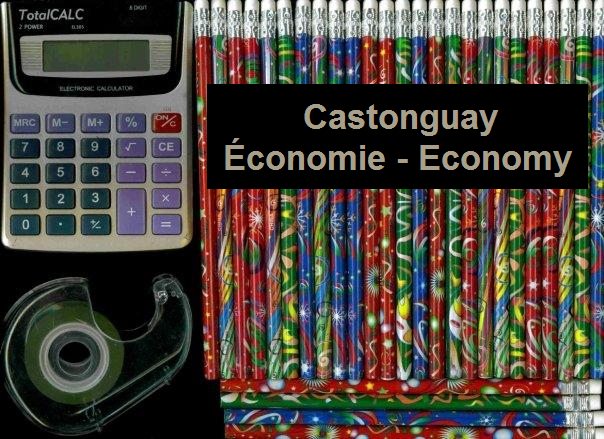
Friday, July 23, 2010
Thursday, July 15, 2010
Greece's debt auction : An uneasy calm : Panic about the euro zone has receded—for now


An uneasy calm
Panic about the euro zone has receded—for now
The Economist Jul 15th 2010
MOST people are not satisfied with mediocrity. But Greece’s auction of six-month treasury bills on July 13th turned inferiority into a cause for celebration. The beleaguered country managed to raise €1.6 billion ($2 billion) at a yield of 4.65% in its first venture into the markets since a €110 billion rescue package from the European Union and the IMF was secured in May.
That is hardly dazzling. The yield was still higher than when Greece issued similar paper in April, before the bail-out package was announced, and over three times what it was in January. Germany’s one-year bills yield ten times less than Greece’s six-month ones (see chart). Short-term bill auctions to roll over maturing debt are encouraged in the deal reached by Greece, the EU and the fund but the threat of an eventual debt restructuring makes investors unwilling to lend for long. Greece’s public-debt agency was forced to drop plans to auction 12-month bills. It is unlikely that Greece will attempt a sale of longer-term bonds before early 2012, and it may find few willing buyers even then because of the country’s increased debt burden.
The auction was nevertheless a relief. The yield was lower than the 5% interest rate Greece pays when it taps into the EU support package. The auction was 3.64 times oversubscribed. Although it was mostly a domestic affair, Petros Christodoulou, the debt agency’s director, says he was “pleasantly surprised by foreign investors’ demand”. Greece will try to raise up to €2.5 billion in an issue of three-month paper on July 20th.
Greece has also been getting pats on the back from its EU and IMF lenders for its progress on fiscal consolidation. George Papaconstantinou, the finance minister, this week announced that the country’s first-half budget deficit had been cut by 46% compared with last year, beating targets. On July 8th the Greek parliament passed a pension-reform bill which, if properly implemented, will radically change the country’s lavish social-security system. Credit-default-swap spreads on Greek debt have fallen to a one-month low.
The sunnier mood is not just confined to Greece. Portugal issued six-month paper earlier this month at a modest yield of 1.95%; this week’s decision by Moody’s to downgrade the country caused few ripples. Spain raised €6 billion in ten-year bonds on July 6th, tempting bids from China, among others. Laurent Fransolet of Barclays Capital says that “some of the hysterical reactions we saw in April and May have calmed down.” These developments have contributed to a rise in the euro to a two-month high against the dollar. But a bigger test of sentiment is looming. The announcement of the stress-test results for 91 European banks, due on July 23rd, will show whether the calm can endure or whether it preceded a storm.
Subscribe to:
Posts (Atom)















